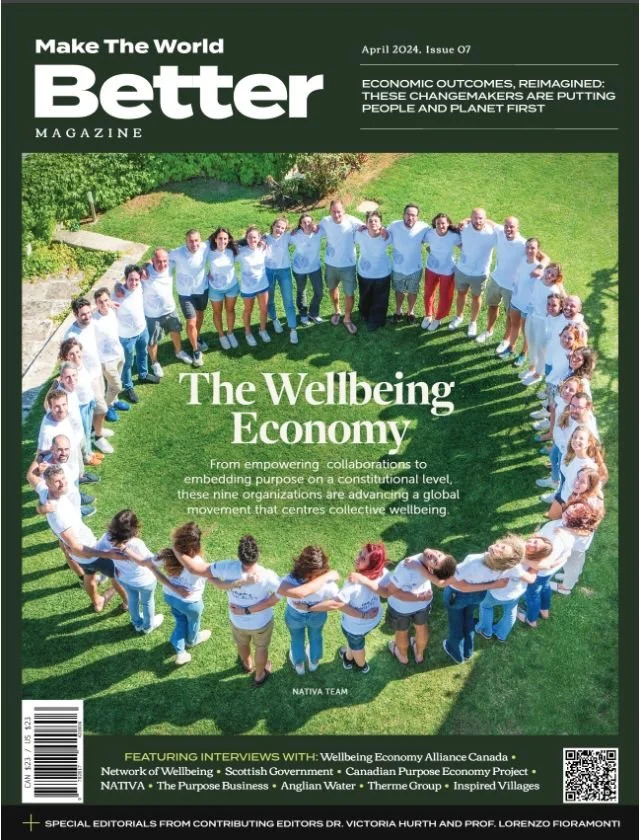Navigating the New Era: Embracing Purpose-Driven Models Amid Global Risks
In the shadow of growing global crises, the World Economic Forum's (WEF) Global Risks Report 2024 presents a sobering reality: we are at a critical juncture.¹ With environmental risks dominating the global risk landscape over the next decade, the need for a transformative approach in business strategies is evident.
Asia is at the frontline of these environmental challenges.² The region faces unique vulnerabilities to climate change and biodiversity loss, impacting ecosystems, economies, and communities. And yet many Asia-based companies are missing critical opportunities to act. Despite the Science-Based Targets initiative (SBTi) providing a clear pathway for companies to align their emissions reductions with the goals of the Paris Agreement, a significant number of businesses in Asia are falling short of these targets.³ This shortfall is not just a missed opportunity but a pressing call to action, emphasising the need to place carbon reduction strategies at the core of business operations and strategy.
This realisation isn't isolated. Recent global corporate trends underscore the urgency. PwC’s 2024 Annual Global CEO Survey indicates a stark awareness among business leaders: 45% of CEOs doubt their companies’ economic viability over the next decade if current practices persist.⁴ Corroborating this, recent McKinsey research reveals that companies integrating environmental, social and governance (ESG) into their growth strategies are not just surviving but thriving, outperforming their peers.⁵
These findings signal a critical juncture: business-as-usual is no longer viable. Progressive thought leaders are advocating for a fundamental shift in business practices, recognising that adapting to global challenges and increasing risks is essential for a just and prosperous future. WEF, for example, recently unveiled its Future of Growth Initiative, to guide policymakers in harmonising growth with innovation, inclusion, sustainability, and resilience.⁶ This initiative underscores the urgency of exploring new, sustainable growth models.
At The Purpose Business (TPB) we firmly believe that the key to future-proofing companies lies in embracing organisational purpose – and we think the time is now, particularly in Asia.⁷ Moving beyond short-term gains, purpose-led businesses focus on sustainable, long-term impact and equitable treatment of all stakeholders, creating value over time. This approach inherently considers the well-being of people and the planet, marking a fundamental shift from a profit-at-all costs model.
We are beyond excited to witness this approach gaining traction in Asia, as evidenced by the enthusiastic response from our clients and the active participation in our recent webinar, "Purpose in Action: Navigating the Journey to Organisational Purpose."
As we step into 2024, TPB is committed to digging deep to advance purpose in Asia and assisting companies in actively putting purpose into action. This year represents a pivotal moment for businesses to embrace new ways of operating that prioritise long-term wellbeing of people and planet. We are excited to lead this journey in Asia, supporting businesses as they transition to models that are not only profitable but also responsible and regenerative. It's time to redefine success, making 2024 the year where purpose becomes the guiding principle for companies across the globe.
³One-third of companies that lost SBTi net-zero target validation are from Asia Pacific
⁴2024 Annual Global CEO Survey (PWC)
⁵The triple play: Growth, profit, and sustainability (McKinsey & Company)
⁷(Re)Defining Corporate Purpose: The time for purpose in Asia is now




